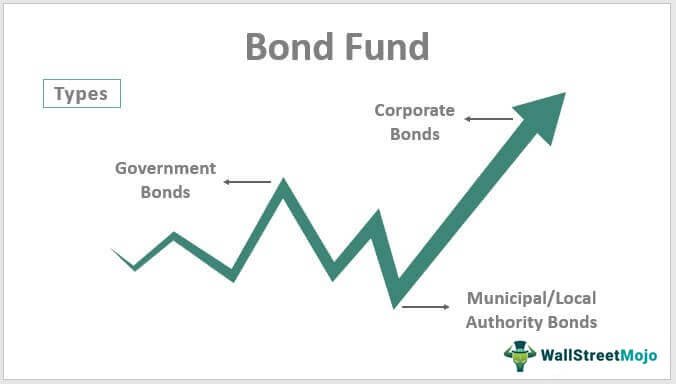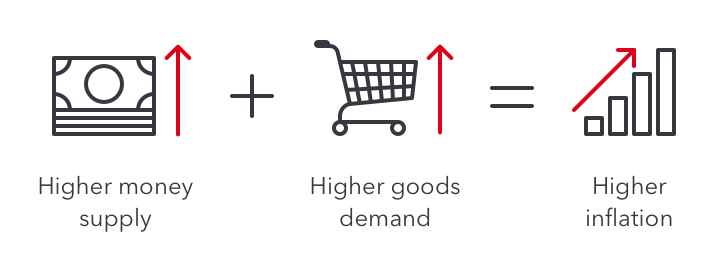Debunking the Myth of Market Efficiency Modern financial theory is built on the idea that markets work well. But this generally held belief is also surrounded by disagreement and doubt. The goal of this piece is to break down the myth of absolute market efficiency and show where it might be wrong.
Understanding how well the market works
Market efficiency is how well prices in a market reflect all the knowledge that is known. It comes in weak, semi-strong, and strong forms. In their most basic form, present prices show all of the market data from the past. In the semi-strong form, fees also take into account all information that is available to the public. In the strong form, fees take into account all information that is public and private.
The Efficient Market Hypothesis (EMH) is the third idea
The Efficient Market Hypothesis says that prices on the market reflect all the knowledge that is known. EMH says that it is impossible to regularly get better returns from the market because new information is reflected right away in stock prices. But the real-world proof for this theory is mixed, which opens the door to criticism and further research.
Criticisms of how well the market works and the EMH
Several things are wrong with the idea that markets are efficient. Critics say that people’s irrational actions affect the markets and cause prices to be different from their basic values. Also, it’s a mistake to think that all buyers see and understand information the same way.
Case studies: testing how well the market works
Many financial events in the past have called into question the idea that markets work well. For example, the dot-com bubble of the late 1990s and the global financial disaster of 2008 showed that the market was significantly overvalued, which goes against what the EMH says about prices reflecting reality.
Putting the myth to rest
When you look at the complaints and past events, it’s clear that the idea of a perfectly efficient market is more of a myth. Market efficiency is a range, not a single, fixed point. Markets may be efficient most of the time, but things can go wrong sometimes because of human behavior and other things.
What this means for investors
Investors could lose a lot of money because of the market’s possible inefficiencies. They suggest using tactics like value investing or arbitrage to make more money. Investors can take a more nuanced approach to trading if they know the limits of how well the market works.
In conclusion, market efficiency gives us a good way to think about how markets work, but it is not an absolute truth. If you know this is a myth and not a rule, you can make your investment plans more flexible and real. After all, the market is a complicated thing that is affected by many things that can’t all be explained by one idea.













Leave a Reply